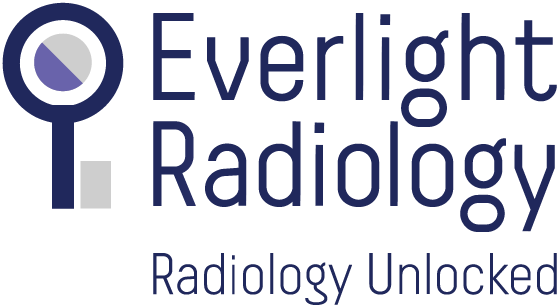The 2024 New Zealand Women in Medicine Workforce Survey, which asked a total of 1,382 respondents working in both Primary and Secondary Care in New Zealand and conducted by research agency Cogo, revealed alarming rates of burnout, dissatisfaction, and impending exodus among the nation's doctors.
A staggering 69% of doctors reported feeling constantly worn out, while 38% were exhausted at the mere thought of another workday. Nearly a third of Secondary Care doctors and 41% of Primary Care doctors have considered leaving the profession within the past year. This alarming trend is driven by a combination of factors, says the study, including increasing workloads, long hours, and difficulty managing patient expectations.
The healthcare system itself is also contributing to the crisis, says the report. Inefficient systems, overstretched resources, and a lack of support from clinical leaders and non-clinical management are exacerbating the problem. Staff shortages, particularly a persistent hiring freeze, are straining the system to its limits.
The consequences of this crisis are far-reaching and can have a devastating impact on patient care. Overworked and stressed doctors are more likely to make mistakes, experience compassion fatigue, and provide lower-quality care. This can lead to increased medical errors, delayed care, decreased patient satisfaction, and higher healthcare costs.
The report suggests that to address this urgent issue, immediate and decisive action is needed. A frank conversation with the public about the true state of the healthcare system is essential and significant investment in healthcare, particularly primary care, is crucial.
In our 2023 Report Battling Burnout, we investigated the state of burnout and overwork in radiology. We found that burnout in Medicine generally and Radiology in particular is a growing concern, with research from the General Medical Council finding that “the risk of burnout is now at its worst since it was first tracked in 2018” due to heavy workloads, in part because of the impact of the Covid-19 pandemic. The Royal College of Radiologists (RCR) ‘Care is not just for the patient’ support and wellbeing report April 2021 highlights the prevalence of overwork and fatigue, stating ‘most people working in healthcare have experienced the effects of exhaustion or disengagement, either directly, or observed in one of our close colleagues.’[2] The RCR warns that stress and burnout are affecting Radiologists’ quality of life, impeding communications between colleagues and patients, and ultimately affecting patient safety and experience.
Read more about the impact of fatigue in radiology and why we don't work our radiologists overnight here.



